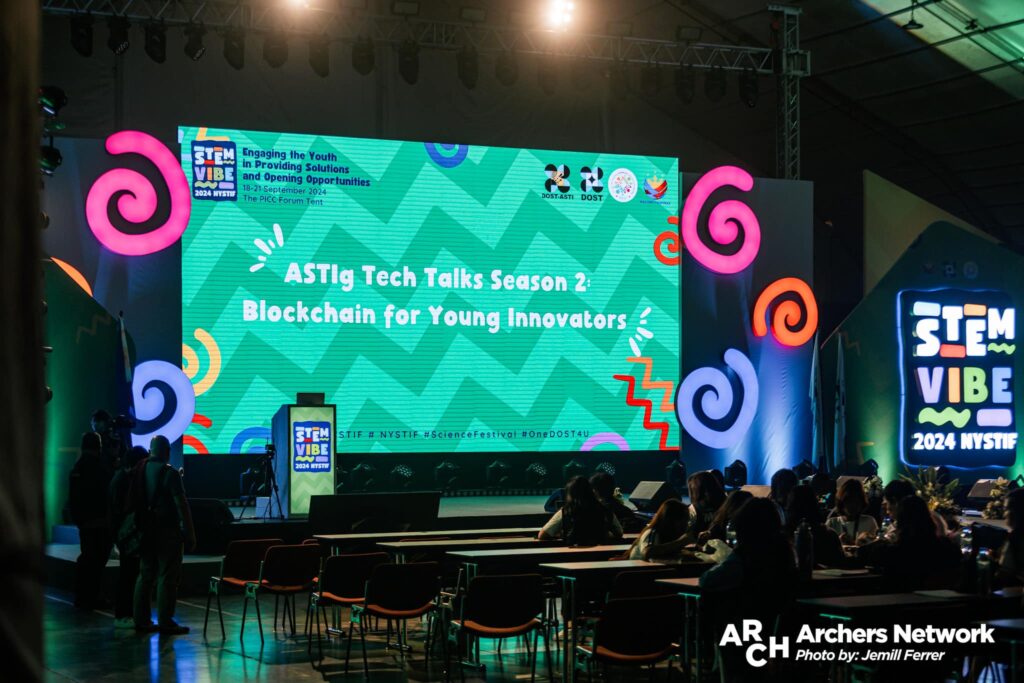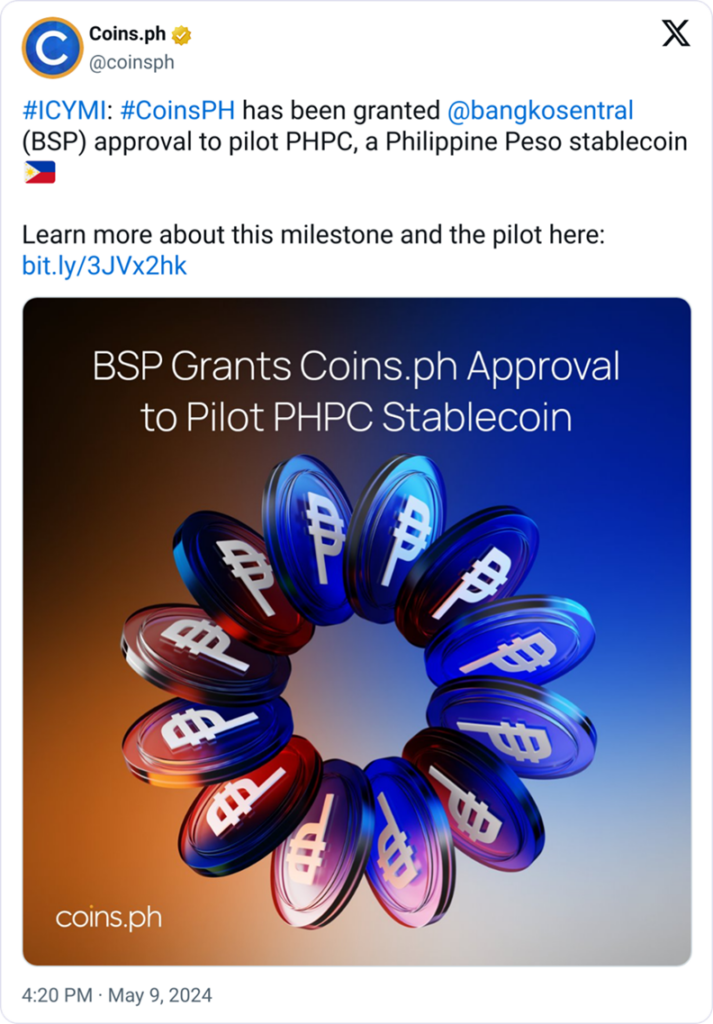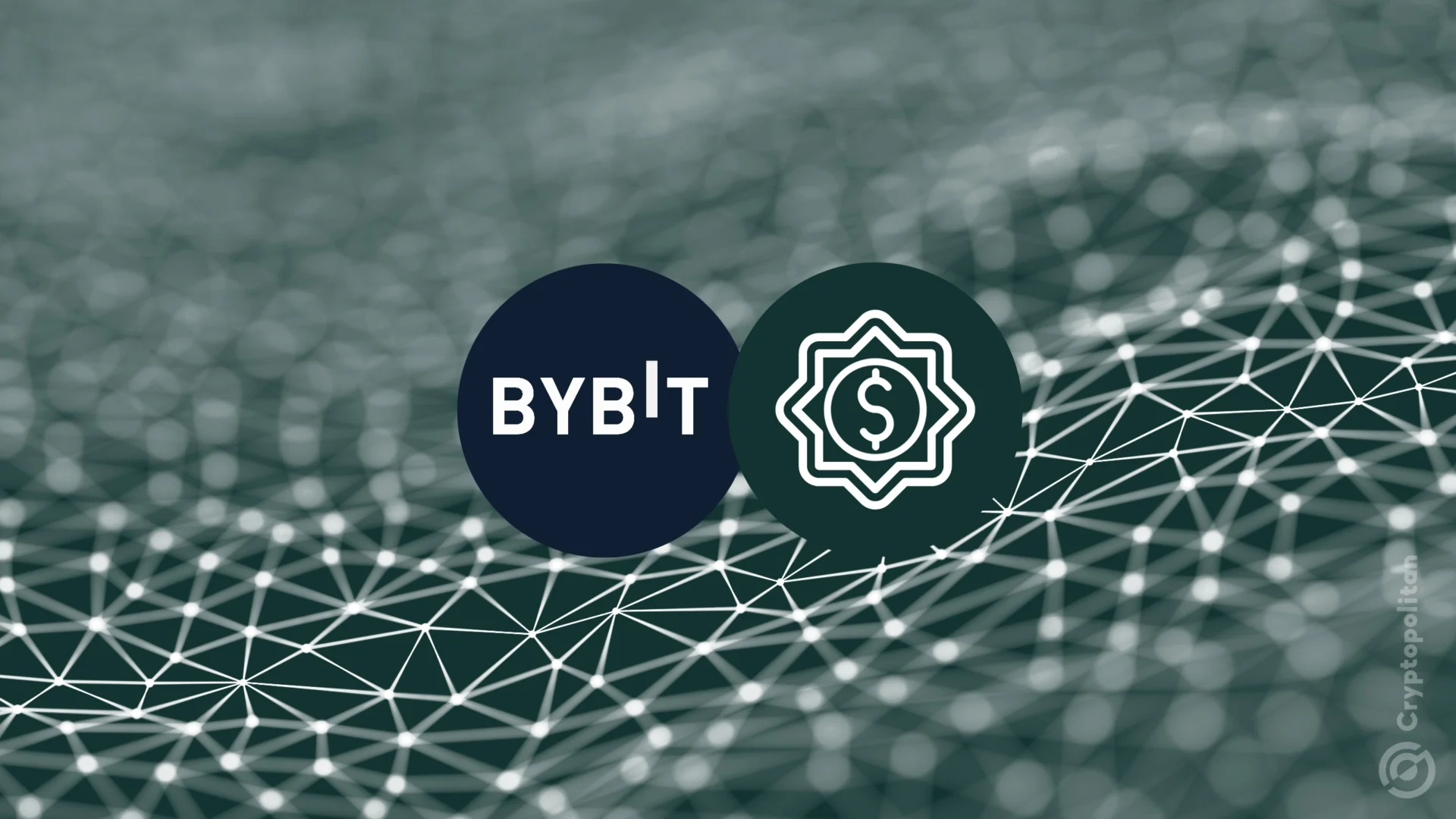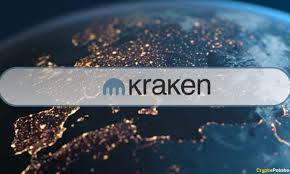With an emphasis on practical applications, the Philippines’ DOST-ASTI introduced blockchain, NFTs, and crypto to young people, encouraging future creativity.
Young people are receiving hands-on experience with cryptocurrencies, blockchain technology, and non-fungible tokens (NFTs) from a Philippine government agency that focuses on science and technology research and development.
On September 20, the Philippines’ Department of Science and Technology—Advanced Science and Technology Institute (DOST-ASTI) held a tech forum to encourage young people to learn about the possibilities of blockchain technology.
The agency claims that next-generation technologies like cybersecurity, blockchain, and artificial intelligence are changing public and commercial institutions’ operations.
Philippine agency showcasing a range of blockchain applications
According to the release, “The goal of this forum was to inspire young minds with the possibilities of blockchain technology and to investigate science, technology, and innovation as potent tools to create a better and sustainable future.”

The fundamentals of blockchain technology were initially presented to the students who took part. According to Roxanne S. Aviñante, senior science research specialist at DOST-ASTI, blockchain is an emerging technology with a significant demand for workers.
Marc Jerome T. Tulali, a different DOST-ASTI specialist, described NFTs and practical applications of blockchain, like voting and unchangeable data storage.
He said the Philippines is creating the Self-Sovereign Identity Empowerment: Reinventing Rights and Attributes (SIERRA), a blockchain-based system for managing intellectual property.
The students from the Philippines also learned about the application of blockchain technology in other commercial domains, such as identity, decentralized finance (DeFi), gaming and entertainment, healthcare, government, and the public sector.
Apart from educating its young people about the disruptive power of blockchain technology, the Philippine government has begun investigating stablecoins.
Making a country-specific stablecoin
In May, the Bangko Sentral ng Pilipinas (BSP), the central bank of the Philippines, declared that controlled trials of a national stablecoin tied 1:1 to the local peso had begun.

To keep monetary balances in pesos equal to the PHPC stablecoin’s circulating quantity inside the sandbox environment, the nation teamed with Coins.ph.
The sandbox testing aims to evaluate the PHPC stablecoin’s real-world performance and its effects on the regional fiat economy.
Coins.ph CEO Wei Zhou stated, “Our objective is to ensure PHPC enhances digital asset trading and improves remittances—a sector where the Philippines is the world’s fourth largest inflows.”



